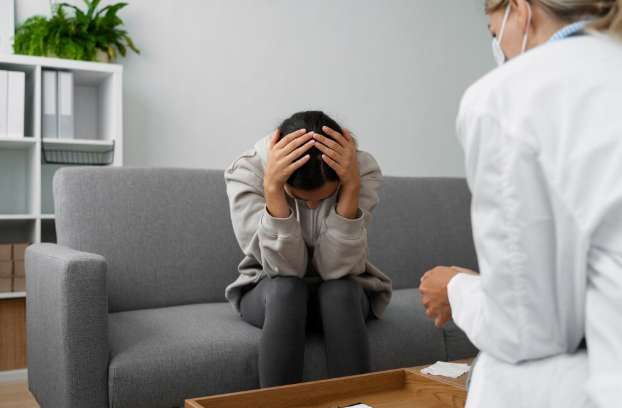
- ADHD, Psychiatrist in Monterey Park
- 0 Comments
Mental health is a cornerstone of overall well-being, yet many individuals silently struggle with conditions that significantly affect their daily lives. Attention-deficit hyperactivity disorder (ADHD) is one such neurodevelopmental disorder impacting millions worldwide, particularly school-age children and adolescents. Finding a trusted professional—such as a qualified psychiatrist in Monterey Park, Los Angeles County, CA—can be life-changing […]
Read More



